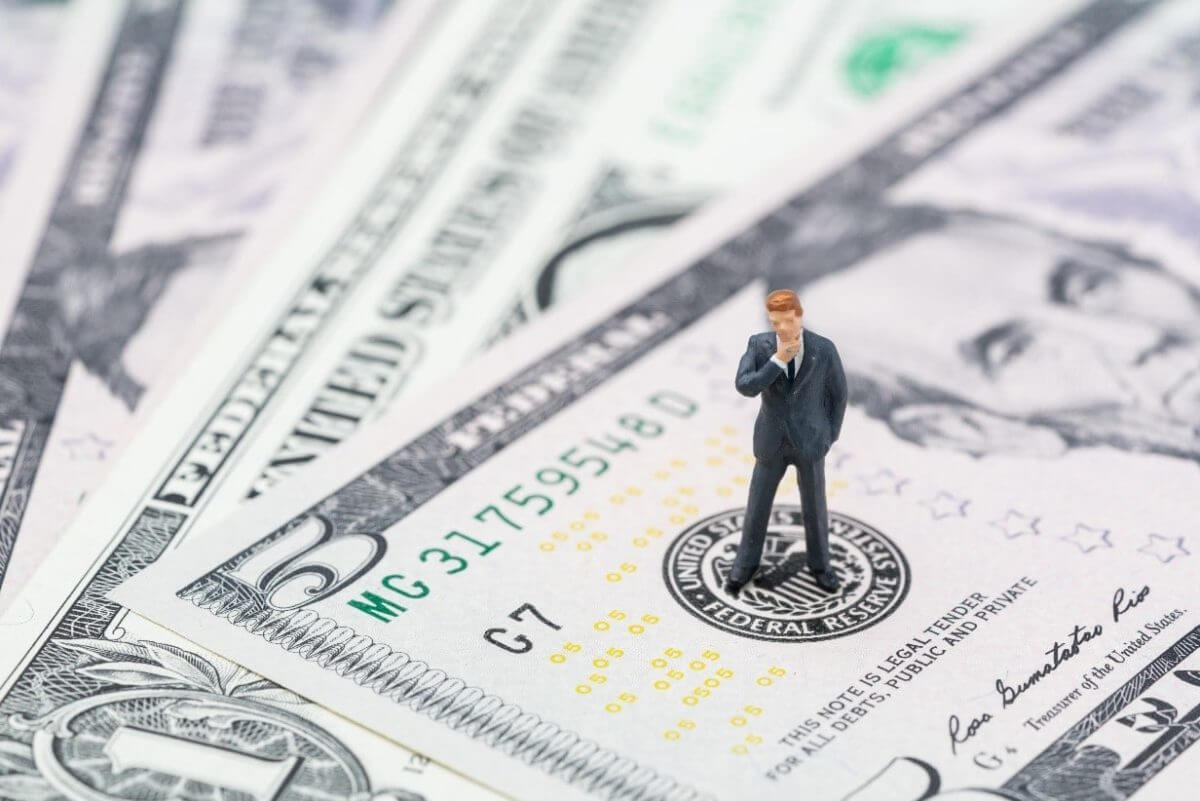
The Dollar Stands Tall
On Wednesday, the dollar held at a nine-month high against the euro as major currencies waited for the Fed’s July minutes release. The New Zealand dollar was the most significant mover overnight as its central bank unexpectedly held interest rates steady. In early London trading, the Kiwi was up 0.17 percent at $0.6935, after falling around 1% to $0.6868 immediately after the Reserve Bank of New Zealand stated it would retain rates at 0.25 percent.
Analysts ascribed the Kiwi’s rise to policymakers’ hawkish stance. According to RBNZ predictions, policymakers anticipate boosting rates in the following months, with the cash rate expected to be 0.50 percent by the end of the year. The trade-sensitive South Korean won recovered from an 11-month low hit on Tuesday after a government official warned of a likely overshoot in exchange-rate movements as foreigners sell stocks.
The Dollar Index
As the market remained cautious, sterling, the commodity-exposed Australian and Canadian dollars all hovered near recent lows against the dollar. The dollar index remained stable at around 93.01, just below its one-week high set on Tuesday. The worrying risk environment supports the dollar, said Moh Siong Sim, currency analyst at Bank of Singapore.
Elsewhere, the dollar failed to gain lasting strength from Fed Chair Jerome Powell’s comments and mixed U.S. data. With attention to the annual Jackson Hole conference next week, some expect the Fed to hint at a shift in direction concerning its asset purchase plans. More than economists predicted retail sales in the United States dipped 1.1 percent in July. However, industrial production figures revealed that output at U.S. companies increased in July. Simultaneously, the highly contagious delta variant has established itself in formerly Covid-free New Zealand.
The central bank of New Zealand kept interest rates at a record low of 0.25 percent. This was due to the uncertainty surrounding the outbreak. The health chief believes it could reach 50 or 100 cases. Markets are now putting in a 60% possibility of a rate hike in October.
The Reserve Bank was ready to pull the trigger. Then Covid comes along 24 hours sooner, so they’ve backed off, said Jason Wong, senior market analyst at BNZ in Wellington. In other news, the risk-averse sentiment that had driven sterling to a three-week low against the dollar on Tuesday persisted, keeping the British pound close to that level at $1.3754.
The Japanese yen fell versus the dollar overnight. But it surged against other currencies, reaching a five-and-a-half-month high of 128.21 per euro during the Asia session. It was recently trading at 109.55 cents on the dollar.




